

2019-05-09 10:28:00 Thu ET
technology antitrust competition bilateral trade free trade fair trade trade agreement trade surplus trade deficit multilateralism neoliberalism world trade organization regulation public utility current account compliance
President Trump ramps up 25% tariffs on $200 billion Chinese imports soon after China backtracks on the Sino-American trade agreement. U.S. trade envoy Robert Lighthizer and Treasury Secretary Steven Mnuchin express frustration that China attempts to renege on prior commitments to the key bilateral resolution of perennial issues from bilateral trade deficit balance and currency manipulation to intellectual property theft and arbitrary technology transfer. Trump warns that he may impose 25% tariffs on another $325 billion Chinese imports if both sides cannot agree on a major trade deal in the next few weeks.
As the Sino-U.S. top trade negotiators continue to engage in bilateral discussions, stock market investors face dark clouds of uncertainty around whether both sides can salvage a fair trade deal. Most major stock market indices from S&P 500, Dow Jones, and Nasdaq to Shanghai, Shenzhen, and Hong Kong experience 3.5% to 6.5% hefty losses and plunges in response to the current trade standoff between China and America. As President Trump accuses China of breaking the trade deal across 7 chapters of the 150-page draft agreement, Chinese Vice Premier Liu He expresses his sincere hope that both sides can resolve contractual differences in the yearlong trade war.
If any of our AYA Analytica financial health memos (FHM), blog posts, ebooks, newsletters, and notifications etc, or any other form of online content curation, involves potential copyright concerns, please feel free to contact us at service@ayafintech.network so that we can remove relevant content in response to any such request within a reasonable time frame.
2023-04-28 16:38:00 Friday ET
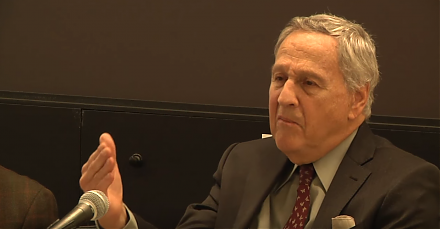
Peter Schuck analyzes U.S. government failures and structural problems in light of both institutions and incentives. Peter Schuck (2015) Why
2023-11-28 11:35:00 Tuesday ET

David Colander and Craig Freedman argue that economics went wrong when there was no neoclassical firewall between economic theories and policy reforms. D
2025-09-24 09:49:53 Wednesday ET
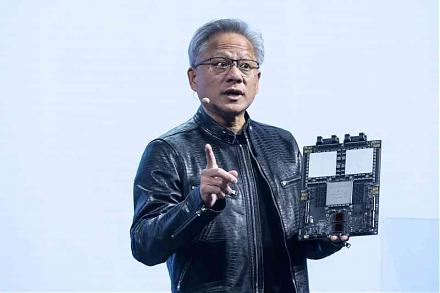
Stock Synopsis: With a new Python program, we use, adapt, apply, and leverage each of the mainstream Gemini Gen AI models to conduct this comprehensive fund
2019-11-21 11:34:00 Thursday ET
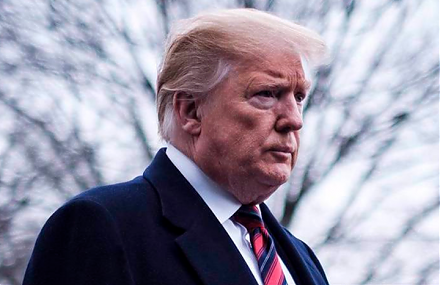
Berkeley macro economist Brad DeLong sees no good reasons for an imminent economic recession with mass unemployment and even depression. The current U.S. ec
2017-11-07 09:38:00 Tuesday ET
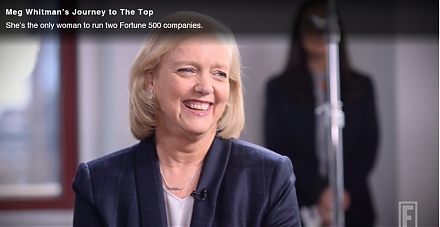
HPE CEO Meg Whitman has run both eBay and Hewlett Packard within Fortune 500 and now has decided to step down after her 6-year stint at the technology giant
2019-08-22 11:35:00 Thursday ET
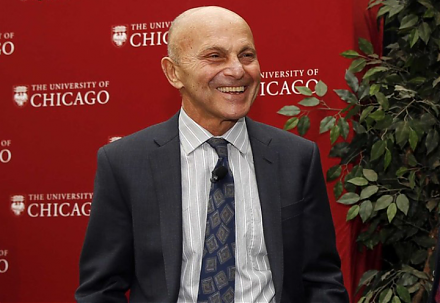
Fundamental factors often reflect macroeconomic innovations and so help inform better stock investment decisions. Nobel Laureate Eugene Fama and his long-ti